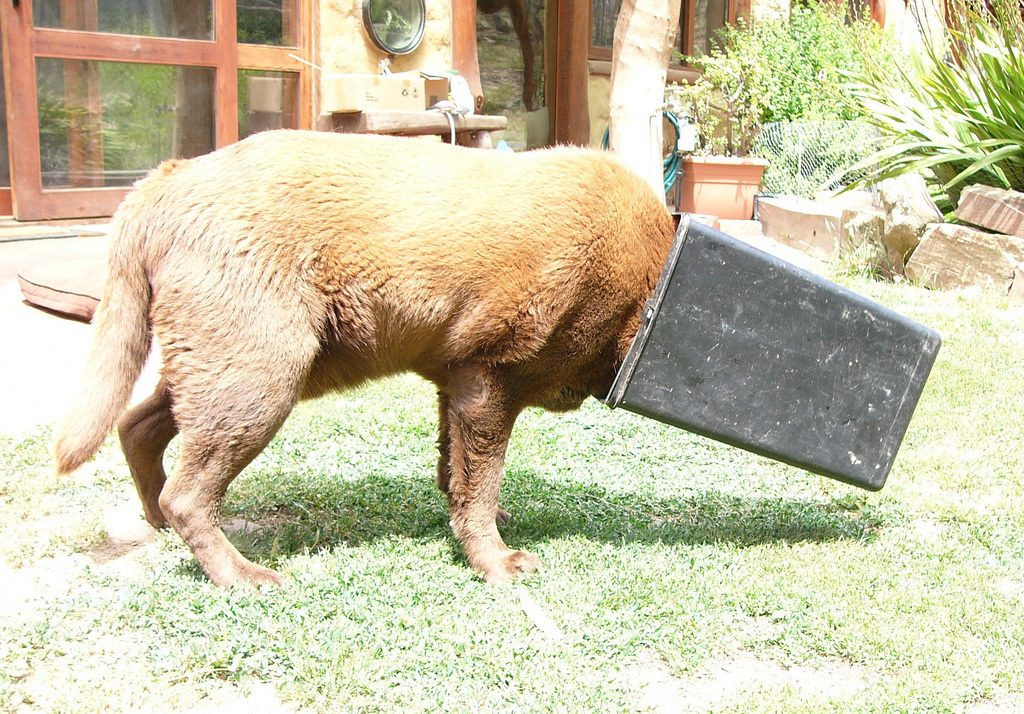BLOG
Announcing: Why Personal Science Really Matters
Alexandra Carmichael
May 3, 2011
T minus 25 days until the Quantified Self Conference, and we have another exciting announcement. Seth Roberts will be giving a keynote on “Why Personal Science Really Matters.” Seth Roberts’ pioneering work in self-tracking and self-experimentation has led to discoveries about diet, cognition, mood, and sleep. His use of daily measurements of basic activities as a…

